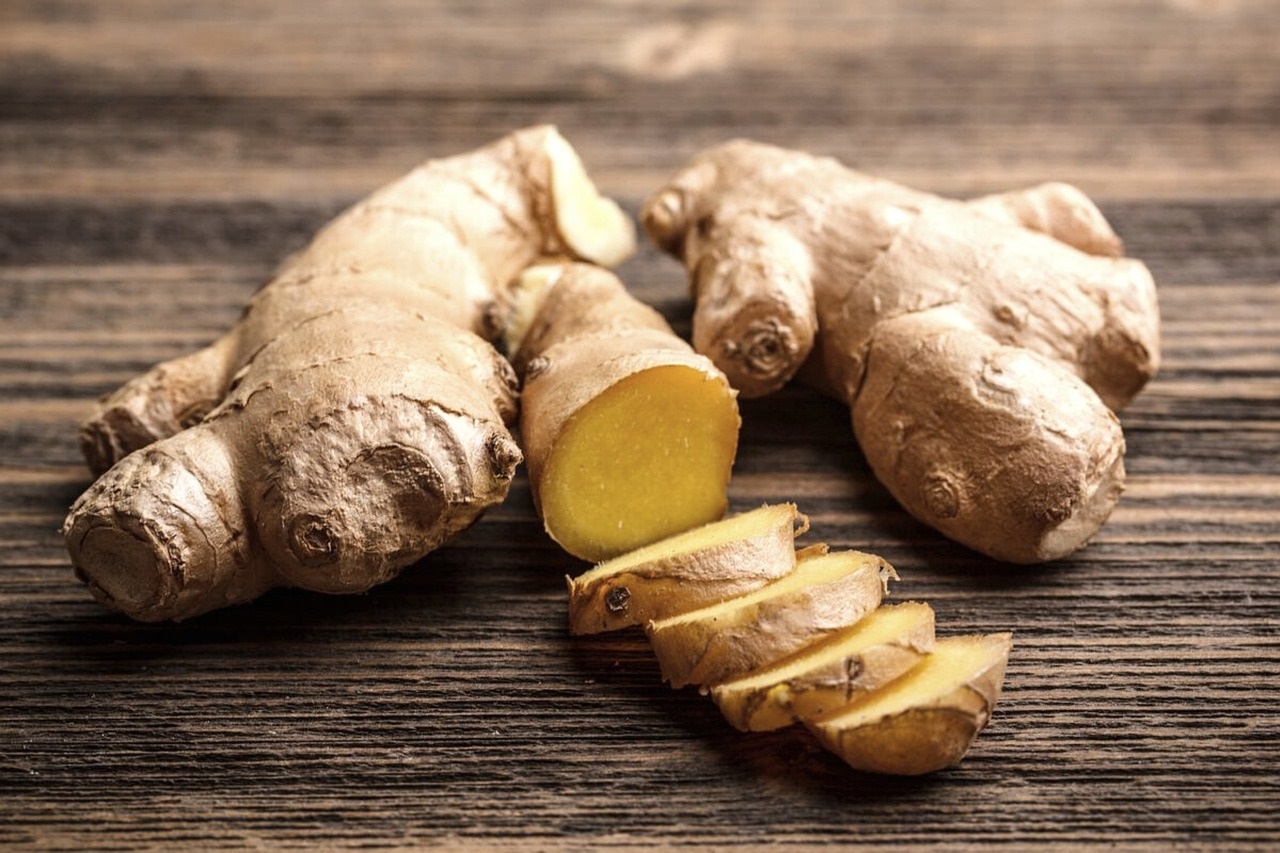
In his most important work of classical antiquity (De Materia Medica), Dioscorides regarded ginger as a warming and digestive plant. Interestingly, these properties correspond quite well to those of the ginger rhizome in traditional Chinese medicine.
In De Materia Medica, Dioscorides noted that the root of the ginger plant was useful for treating various ailments, such as stomachache, dysentery, and constipation. He also wrote that ginger could be used to treat respiratory problems, such as coughs and shortness of breath, and as a remedy for headaches and fever.
Dioscorides also described how to prepare ginger for medicinal use, including instructions for preparing a ginger infusion by boiling the root in water. In addition, he noted that ginger could be used as an ingredient for patches, applied topically to treat joint pain and other conditions.
Dioscorides stated that ginger was typical of Arabia (the shores of the Red Sea), while it probably originated in the Indo-Malay region and Arabia was only the end point of the southern route of the Silk Road by sea.
Ginger has been used for medicinal purposes for thousands of years in Asia, particularly in China and India, ancient Egypt, the Roman Empire, and throughout medieval Europe. The ancient Egyptians also used ginger for medicinal purposes, so much so that they included it in a list of medicinal herbs found in the tomb of the Egyptian king Tutankhamun.
In ancient Greece, ginger was used to treat stomach problems and as a poultice for joint pain.
In Ayurvedic medicine, a traditional system of medicine from India, ginger is used to treat a range of ailments, including respiratory and cardiovascular problems, as well as to improve digestion and reduce inflammation.
Modern scientific research has confirmed the health benefits of ginger; in particular, its anti-inflammatory and antioxidant properties have been clearly and reproducibly demonstrated.
Nowadays, different forms of ginger are used, such as fresh ginger, dried ginger, ginger oil, ginger tea, ginger juice, and ginger supplements.
Mechanistic studies support findings from human clinical trials that ginger can help improve symptoms and biomarkers of pain, chronic metabolic diseases, and gastrointestinal conditions. The bioactive compounds in ginger (zingerone, 6-shogaol, and 6-gingerol) reduce inflammation, which contributes to pain, and promote vasodilation, which lowers blood pressure; stimulate fatty acid breakdown by promoting weight management; and inhibit activation of serotonin, muscarinic, and histaminergic receptors, thereby reducing nausea and vomiting. Regulation of several transcription factors and signaling pathways has been shown to contribute to the protective effects of ginger.
Emerging in vivo and in vitro evidence supports the neuroprotective effects of ginger and its major pharmaceutically active compounds, mainly through regulation of neuroinflammation, oxidative stress, and dopamine synaptic transmission.